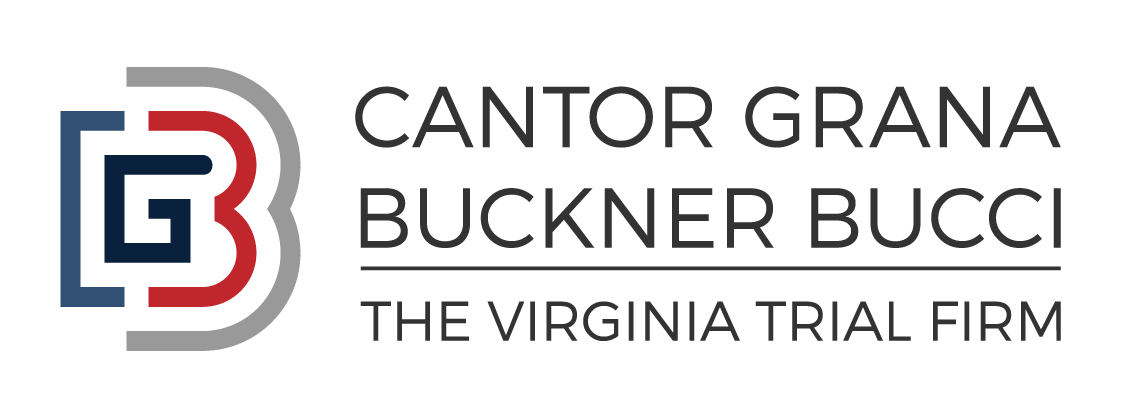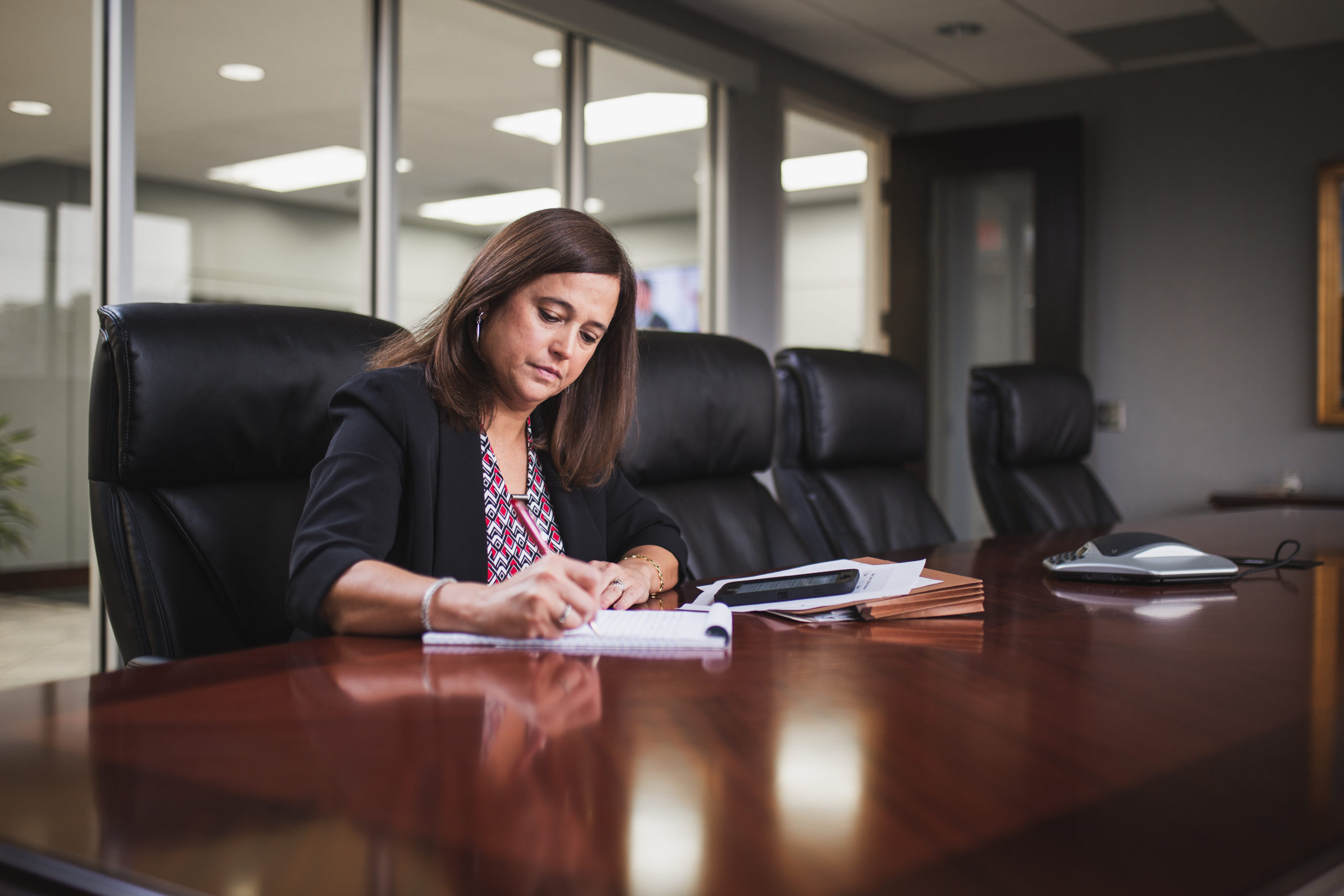Attorneys For Post-Concussion Syndrome
Living with post-concussion syndrome can be a challenging ordeal, impacting not just physical health but also mental and emotional well-being. This condition, characterized by a variety of symptoms including headaches, cognitive difficulties, and emotional instability, can persist for weeks, months, or even years following a concussion. It can profoundly affect an individual’s daily activities, work performance, and interpersonal relationships. The struggle is often silent and invisible to others, further compounding the emotional distress experienced by those afflicted. Our aim here is to shed light on this often misunderstood condition to increase understanding and support for those living with post-concussion syndrome.
You Deserve Expert Legal Representation
If you have been diagnosed with post-concussion syndrome following an accident or injury, you may be entitled to compensation for your suffering and losses. The brain injury attorneys at Cantor Grana Buckner Bucci have extensive experience representing clients with post-concussion syndrome and are dedicated to securing the maximum compensation for our clients. Our team of skilled attorneys understands the complexities of brain injuries and how they can significantly impact an individual’s life. We are committed to providing compassionate and effective legal representation, advocating for our clients’ rights and best interests. Call us today for a free consultation.
Understanding Post-Concussion Syndrome
Post-concussion syndrome (PCS) is a complex disorder that can occur after an individual has experienced a concussion or mild head injury. It involves an array of physical, cognitive, and psychological symptoms that persist for weeks, months, or even years after the initial injury.
What Causes Post-Concussion Syndrome?
Post-concussion syndrome can develop after any type of injury that results in a concussion, which is a mild traumatic brain injury. This includes:
- Car accidents
- Workplace injuries
- Sports injuries
- Falls
- Physical assaults or abuse
It is important to note that not everyone who experiences a concussion will develop post-concussion syndrome. The exact cause of PCS is unknown, but it may be related to how the brain responds and recovers from an injury.
Post-Concussion Syndrome Symptoms
Post-concussion symptoms are both mental and physical symptoms and can vary greatly from one individual to another, but may commonly include:
- Persistent headaches or migraines
- Difficulty with concentration and memory
- Fatigue or drowsiness
- Dizziness or loss of balance
- Insomnia or other sleep disturbances
- Increased sensitivity to light and noise
- Behavioral symptoms like irritability or aggression
- Mental disorders like anxiety or depression
- Changes in personality or mood swings
- Problems with taste or smell
- Post-traumatic stress disorder
- Decreased brain function
Although typically stemming from a mild head injury, these concussion symptoms can have a significant impact on an individual’s daily activities and quality of life, affecting their ability to work, study, interact with others, and even carry out routine tasks.
Medical Prognosis and Long-term Effects
The prognosis for PCS is generally favorable, with most patients experiencing a gradual resolution of symptoms over time. However, in some cases, symptoms can persist for a year or more and can lead to long-term complications, such as chronic headaches or cognitive impairment. The long-term effects of PCS can be particularly debilitating and may require ongoing management and treatment. Furthermore, individuals with PCS are at a higher risk of developing conditions such as depression and anxiety disorders, signaling the need for comprehensive care and support.
How to Treat Post-Concussion Syndrome
Treating post-concussion syndrome (PCS) typically involves managing the persisting symptoms, as there is currently no specific treatment to cure the condition. The treatment approach often involves a multidisciplinary team of healthcare professionals, including neurologists, psychiatrists, physical therapists, and occupational therapists, who will support the patient in their recovery journey.
Medications: Depending on the PCS symptoms, different types of medications might be prescribed. Antidepressants can be used to manage mood disturbances, while migraine medications can help in controlling persistent headaches. In cases where sleep disturbances are present, doctors might recommend sleep aids.
Therapies: Cognitive Behavioral Therapy (CBT) might be beneficial in managing cognitive difficulties and mental health concerns related to PCS. Physical therapy can assist in improving balance and coordination, while occupational therapy can help individuals adapt their daily activities.
Lifestyle Modifications: Regular exercise, a healthy diet, and adequate rest can significantly contribute to recovery. Reducing exposure to loud noises and bright lights can also help minimize sensitivity symptoms.
Support Groups: Joining a support group can provide emotional assistance and a sense of community. Sharing experiences and coping strategies with others who are going through the same difficulties can be enormously helpful.
It’s important to note that the recovery from PCS varies greatly among individuals. Treatment plans should be personalized based on the unique needs and symptom presentation of each patient. Regular follow-ups with healthcare providers are crucial to monitor the patient’s progress and adjust treatment strategies as necessary.
Risk Factors of PCS
While anyone who experiences a concussion can potentially develop post-concussion syndrome (PCS), certain factors may increase the risk. These include:
- Age: Studies suggest that older adults may be at a higher risk of developing PCS compared to younger individuals.
- Gender: Some research indicates that women are more likely to develop PCS than men, although the reasons are still being investigated.
- Previous concussions: Individuals with a history of prior concussions or brain injuries are reportedly at greater risk of PCS.
- Pre-existing mental health conditions: People with pre-existing conditions like anxiety, depression, or post-traumatic stress disorder (PTSD) may be more susceptible to PCS.
- The severity of the initial injury: While PCS can result from mild injuries, more severe concussions tend to increase the likelihood of PCS.
It’s important to note that more research is needed to fully understand these risk factors. However, individuals who identify with any of these factors should take extra precautions and seek immediate medical attention if they have experienced a concussion.
Compensation for Post-Concussion Syndrome Victims Due to Negligence
Victims of post-concussive syndrome due to another party’s negligence are often eligible for financial compensation to offset the costs associated with their condition. The compensation can be wide-ranging, depending on the individual circumstances and the severity of the symptoms. Compensation may cover:
Medical Expenses
This includes not only immediate medical costs incurred due to the injury but also future medical expenses related to ongoing treatment, rehabilitation, and any necessary surgeries.
Lost Wages
If the condition has caused you to miss work or has limited your ability to perform your job, you could be entitled to compensation for lost income. In severe cases where the syndrome has long-term effects preventing return to work, loss of earning capacity can also be claimed.
Pain and Suffering
This compensation is designed to provide some measure of financial relief for the physical and emotional distress caused by the injury and its aftereffects.
Inconvenience and Mental Anguish
If your life has been detrimentally inconvenienced – for example, if you are no longer able to take part in activities you once enjoyed – and you suffered mental anguish as a result, you may be entitled to compensation for these categories of damages.
Punitive Damages
In instances where the negligent party’s actions were particularly egregious or reckless, the court may award punitive damages as a way to further punish the offender and deter similar behavior in the future.
It’s crucial to note that the amount and types of compensation available can vary greatly based on the specifics of the case. Therefore, it is important to consult with an experienced attorney who can guide you through the legal process and help ensure you receive the full compensation you are entitled to.
How Can Our Lawyers Help?
Our team of skilled and empathetic lawyers understands the complexities of Post-Concussion Syndrome and the physical, emotional, and financial strain it can place on survivors. With a strong commitment to your rights and well-being, we can offer the following:
Case Evaluation
We assess your case thoroughly, considering all aspects of your situation and the impact of your condition on your life. This helps us strategize effectively and seek maximum compensation for you.
Legal Representation
We represent you in all legal proceedings, ensuring your voice is heard, and your interests are protected. We negotiate assertively with insurance companies, fight for your rights in court, and handle all the paperwork and legal complexities on your behalf.
Claim Preparation
Our lawyers collect all the necessary documents, evidence, medical records, and expert testimonies to build a strong case for your compensation claim.
Emotional Support
We understand that dealing with PCS can be mentally taxing. Our lawyers provide not just legal but also emotional support, empathizing with your situation and providing assurance and guidance throughout the legal process.
No Win, No Fee
Our services are offered on a ‘No Win, No Fee’ basis. This means you pay us only if we win compensation for you. This ensures our commitment to your case and also reduces your financial burden.
Remember, you’re not alone in this fight. Let our experienced team advocate for your rights and work tirelessly to secure the compensation you deserve.
We Fight For You
In summary, dealing with the aftermath of a traumatic brain injury and post-concussion syndrome can be tough, but you don’t have to face it alone. Our team is committed to helping you navigate through this challenging time. Reach out to us, and let us take the burden off your shoulders. Let us fight for your rights and secure the compensation you deserve. Don’t hesitate to contact us today for a free consultation and start your journey to recovery and justice.












